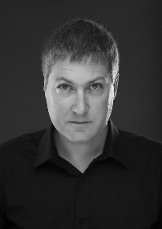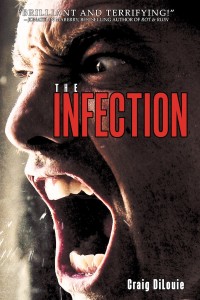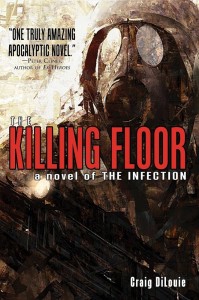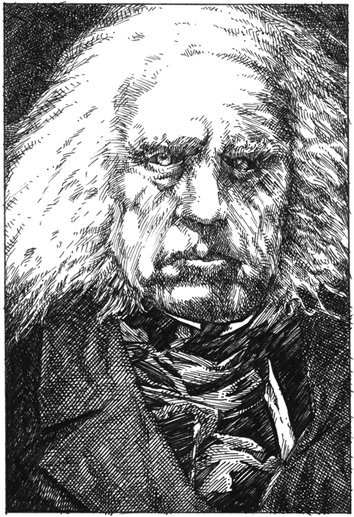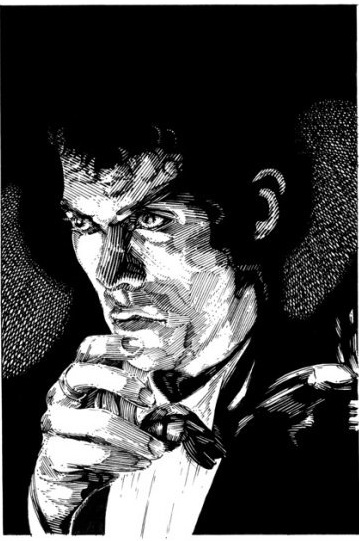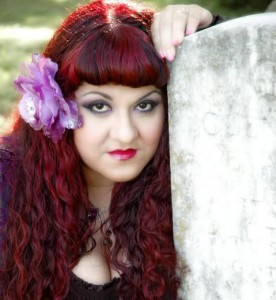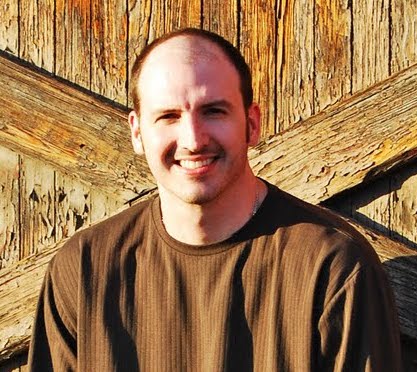
There are many things an indie writer needs to consider when looking for an editor. Is the editor capable of providing you with the service you need: content, line, or copy editing? Does the editor have reputable references? Based on the sample, does the editor’s style suit your own? Can you afford the editor’s service?
I think every writer needs to carefully consider each of the above questions during the selection process. Though this topic is crucial to every writer, it is one that has been beaten to death. So, I thought I would discuss what I feel every writer needs to consider after the selection process is complete. Below are my top Dos and Don’ts when working with an editor.
Dos:
- Do agree to terms ahead of time.
Be clear on expectations before work begins.
Do you want only that content edit or were you also expecting a copy edit as well?
Do you want the editor to provide a second round of edits in order to proof read your work after you’ve made the previous suggestions provided to you?
Do you need the editor to help you with writing the back cover, marketing materials, a press release, and text for your website?
Most editors probably won’t do all of the above but some might if you’ve discussed the scope of work ahead of time. Don’t expect an editor to provide extra services (no matter how little) for free after the agreed upon work is completed. Their time is valuable and they have other clients besides you.
- Do meet your deadlines.
As I said, you are not your editor’s only client. The time to schedule an editor is when your book is nearly complete, especially if you’re writing your first book.
Find out what your editor’s schedule is like and how long they think it will take to edit the book, and then plan accordingly. It is not unreasonable to wait weeks or months before an editor can start on your book. Expect the overall editing process to take several weeks or longer once the editor begins work. Variations will exist based on the length of the book, how good of a writer you are, and how many projects the editor works on at once.
As a side note, after you’ve had some experience in completing projects it will be easier to schedule an editor before actual completion. Even then, I’d recommend giving yourself several weeks or even months of cushion. It is much nicer knowing you’ve finished early and can get ahead on your next project rather than scrambling to complete something at the last minute and turning in shoddy work.
- Do ask for clarification.
Any editor worth their salt will clarify questions you might have on their suggestions. Otherwise, how can you determine if it is a valid change? If an editor is unwilling to communicate with you in this way after giving you the manuscript back, I’d question using that person again.
- Do be prompt with payment.
But what happens if it costs more than I originally expected? Too bad.
If you go to a car dealership and they give you an estimate for a brake job that later increases by several hundred dollars because things were worse than expected, can you get away with not paying them? Of course not. Can you imagine if your boss decided not to pay you promptly or not at all, and how that would affect your life?
For some editors, this might be their only source of income. Therefore, don’t be late with their money.
If you decide their services were overpriced and not what you expected then the only thing you can do is not use them for future work.
- Do remember that a suggestion for change is not a demand for one.
As the writer, this is your story. You need to be satisfied with it more than anyone else. Make changes only if you agree it improves the quality of the work. If you can’t make that decision on your own, bring in someone else to give you a second opinion.
I rarely disagree with my editor, but there have been a few times I decided against making his suggested changes. This is partly because I had received differing opinions from my beta-readers and partly because the change would affect later parts of the story in works he had not yet edited.
Don’ts
- Don’t hand over a mess.
Your editor should not be the first person to read your manuscript besides yourself. Employ both alpha and beta-readers. They will help you smooth out many problems long before your editor gets a hold of your story, especially in the way of content. If nothing else, this step will help reduce the costs to you. The more time your editor spends cleaning up your mess, the more they will charge.
- Don’t expect your editor to do all the work.
Your editor shouldn’t have to re-write your book. They will rewrite sentences as needed, but they aren’t supposed to write chapters or sections for you (unless you’ve agreed they will act as a ghost writer).
- Don’t take it personally.
This is all a learning experience and a way to make you a better writer. I’ve improved significantly with each work I’ve turned into my editor, and a contributing factor to my improvement has been his feedback on each story.
Remember, an editor’s reputation will be held against the quality of your work as well. You don’t want an editor to blow smoke up your rear. You want an editor to be honest about what is good and what isn’t so your story and characters can shine.
- Don’t be a jerk to your editor.
Like everything else in life, be professional. If I really have to explain what this means then you probably have bigger problems to worry about than everything I’ve mentioned above.
- Don’t lose sight of your ultimate goal.
You want a great book!


